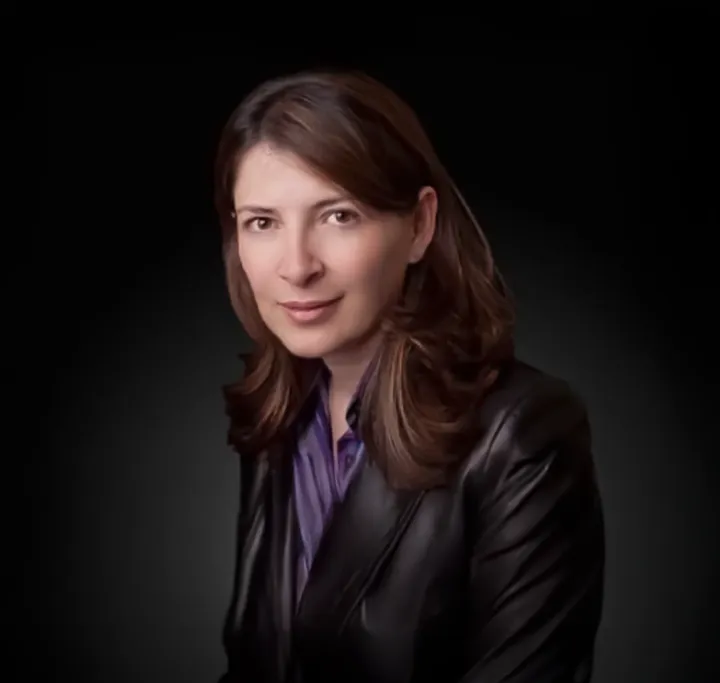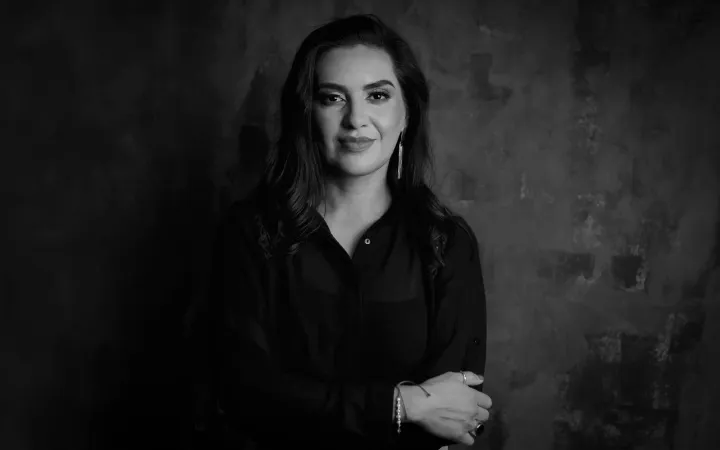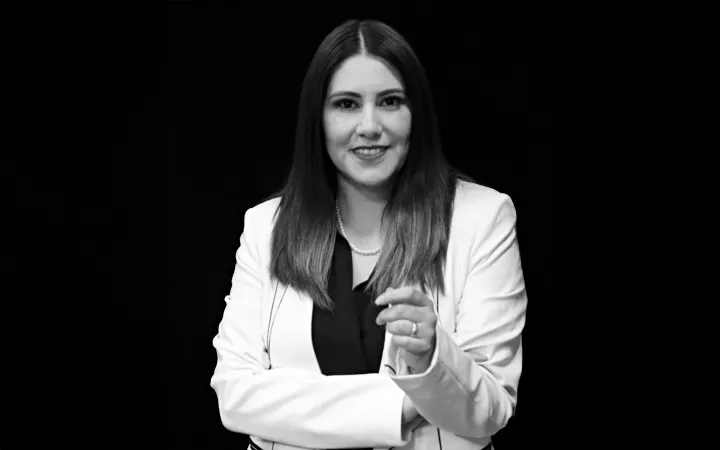Por María Fernanda Cobo M.
Un Estado que logra el justo equilibrio de poderes promueve todo objetivo de crecimiento económico y bienestar social que solo se construye desde la estabilidad política y la plena vigencia de la democracia representativa. El progreso exige legalidad para ser sostenible; y la libertad económica así como la libre empresa necesitan del Estado de derecho para crear riqueza y empleo de calidad, en una economía de mercado abierta a la libre competencia.
La libertad económica es un derecho fundamental: un derecho a trabajar, producir, consumir e invertir en un entorno de certeza jurídica, eficiencia regulatoria y ausencia de corrupción. De acuerdo al Índice de Libertad Económica de la Fundación Heritage, cuando una economía progresa en libertad económica se observa un crecimiento medio anual del PIB del 2,6% en comparación con las economías que reducen su libertad económica al registrar un crecimiento anual del 1,7%. Progresar en libertad económica representa la oportunidad para construir prosperidad desde la libre iniciativa privada: la empresa.
La libertad de empresa es también un derecho fundamental; un ejercicio de democracia de la sociedad civil, del que se desprenden otros derechos como la libertad de trabajo, la libertad comercial y la libertad de inversión. Libertades que encuentran su oportunidad y límites en la naturaleza misma del mercado: su incertidumbre, inestabilidad y riesgo. A través de la libertad de empresa se fomenta la formalidad y la recaudación fiscal. De acuerdo a la OCDE, “en aquellos países donde la libertad económica (LE) es alta la economía informal se sitúa en el 8,4 del PIB en promedio, mientras que los países donde la LE es moderada la economía informal se eleva hasta el 12,8% y cuando la LE es baja la economía informal sube hasta el 20,9% en promedio”. Desde la formalidad, se estimula un crecimiento basado en la flexibilidad laboral, la especialización productiva y la innovación competitiva.
La libertad económica y la libre empresa, al ser derechos económicos y sociales, miden su efectividad ante la sociedad a través de la integración de los estándares del desarrollo sostenible en la gestión laboral, productiva y comercial de los agentes económicos. De acuerdo al grado de libertad económica se identifican importantes progresos en indicadores de desarrollo humano, así como de desempeño medioambiental, logrando que la sostenibilidad, competitividad y rentabilidad se reflejen en empresas libres, justas y prósperas.
Impulsar la libertad económica como política de Estado exige respetar el ordenamiento constitucional, al establecer que sólo por Ley se podrá regular el ejercicio de derechos y libertades fundamentales, como resultado de una intervención deliberativa que refleje el pluralismo político que el Estado de derecho puede y debe preservar al ser el garante de estos derechos; de lo contrario sin un sistema legal que garantice equidad y transparencia, el ejercicio empresarial se vuelve incierto y arriesgado, lo que puede desincentivar la inversión y la innovación, pilares esenciales para el crecimiento y desarrollo sostenible.
Si algo puede aprender el Estado del libre mercado es el valor del consenso siendo competencia para crear riqueza; como dijo Wilhelm Röpke: “la libertad económica no es un fin en sí misma, sino un medio necesario para la consecución de los fines de la democracia económica y política: un alto grado de prosperidad material, una justa distribución de la riqueza y la renta, y la libertad política. Son la única salvaguarda de una auténtica democracia".
Biografía:
María Fernanda Cobo es Master en Derechos Humanos, Especialista en Gerencia, Gobierno y Asuntos Públicos. Actualmente se desempeña como catedrática en la Academia Diplomática del Ministerio de Relaciones Exteriores y Movilidad Humana de Ecuador.

Las opiniones expresadas son responsabilidad de sus autoras y son absolutamente independientes a la postura y línea editorial de Opinión 51.






Comments ()